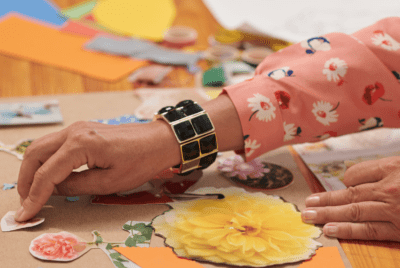RESEARCH
The Effects of Horticultural Therapy on the Functionality of Psychotic Patients Employed in the Green Unit of the Psychiatric Hospital of Thessaloniki Greece
Summary
This document contains summaries of several E-Poster Presentations (EPPs) related to psychiatric and psychological topics. One prominent study detailed is EPP1137, which investigated the effects of horticultural therapy on the functionality of psychotic patients employed in a “Green Unit” at the Psychiatric Hospital of Thessaloniki, Greece. Horticultural therapy is presented as an alternative treatment option in rehabilitation programs for patients with chronic mental disorders. This study used a design comparing 22 inpatients from the Green Unit who received horticultural therapy (actual gardening and agricultural activities) to 22 outpatients receiving usual care. The study evaluated patient functionality using the Mini-ICF-APP Social Functioning Scale over a 12-month period. The majority of the participants suffered from Schizophrenia spectrum disorders.
The results of the horticultural therapy study (EPP1137) indicated significant positive effects. While at the beginning of the study the Green Unit patients showed higher scores only in the mobility and endurance subscale compared to the control group, after a year there was a statistically significant difference in all thirteen subscales assessed by the Mini-ICF-APP scale. Patients who participated in the horticultural therapy were rated as more consistent, organizational, social, flexible, responsible, more confident and enterprising, more adaptable, and more able to take care of themselves. The document also briefly touches on other topics, including the portrayal of psychosis and schizophrenia stigma in Flemish newspapers (noting it was mostly positive in broadsheets and negative in tabloids), research on parent-child communication and inner dialogues in children with disabilities, and a study on psychiatric stigma features in patients with comorbid HIV infection and schizophrenic disorders.







